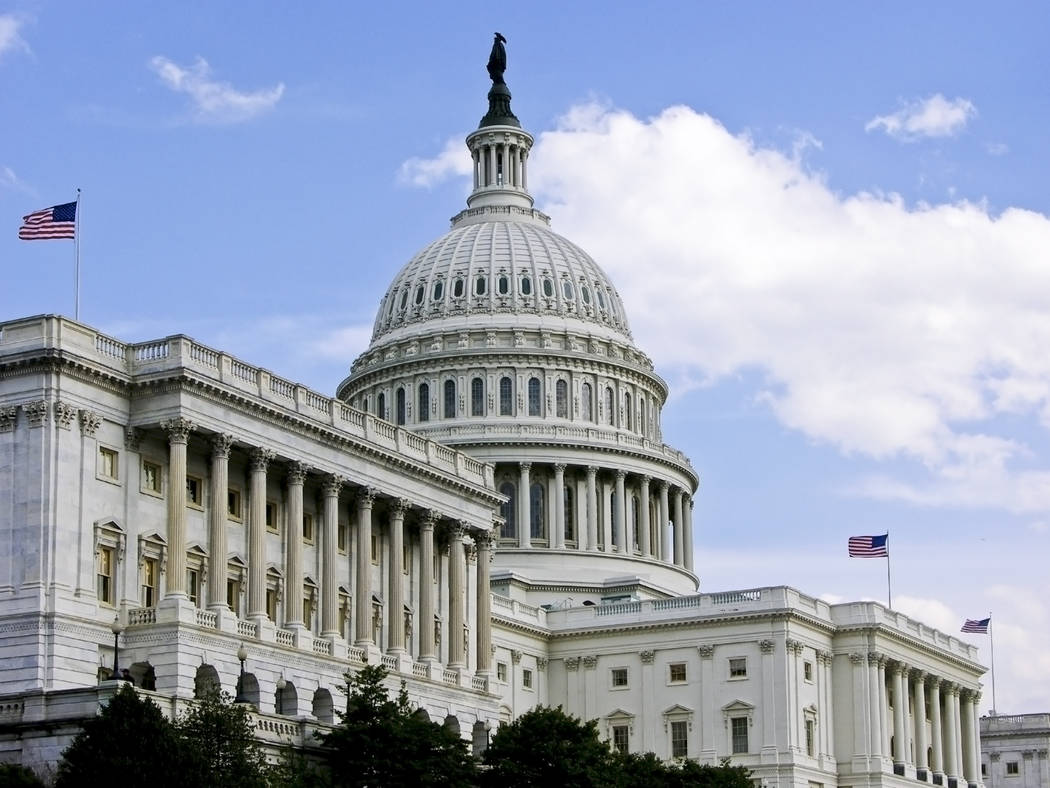EDITORIAL: Pending House bill should provide greater protection for Americans
In the years following the 9/11 attacks, Congress gave the intelligence bureaucracy a host of new surveillance powers in an attempt to help fight terrorism. The fears of many civil libertarians were confirmed in 2013 when former National Security Agency contractor Edward Snowden leaked information detailing the extent of the government’s digital snooping.
Now, as Reason reports, the House Judiciary Committee has advanced a bill that would give Americans modest protections from unwarranted surveillance. But the measure falls far short of providing the more stringent protection that civil liberties and privacy groups — along with several legislators — are rightly demanding.
While they hammered out the passage of the USA Liberty Act last week, committee members pushed back against amendments that would boost privacy protections.
The legislation is designed to take the place of the expiring Section 702 of the Foreign Intelligence Surveillance Act, which is used by the NSA and FBI to monitor potential spies and terrorists.
However, as Reason points out, Section 702 has also allowed for “backdoor searches” of communications of American citizens — data collected “incidentally” during the surveillance of foreign targets and subsequently used by federal agencies during investigations of domestic crimes. And all of this data collection happens with the oversight of the secretive FISA court, but without warrants.
While the act contains some modest restrictions on the feds and requires they seek court orders to view these communications when looking for evidence of a crime, it does little to alter the current level of data collection. As Rainey Reitman of the Electronic Frontier Foundation warns, the court oversight requirement “won’t be triggered except for those searches conducted to find evidence of a crime.”
He goes to explain that “no other searches for any other purposes will require court oversight, including when spy agencies search for foreign intelligence, and when law enforcement agencies explore whether a crime occurred at all.” He also warns that collection of “metadata — how many communications are sent, to whom and at what times — won’t require court oversight at all.”
The co-founders of the House Fourth Amendment Caucus attempted to amend the Liberty Act to stop “backdoor searches” without a warrant. But, as The Hill reports, House leaders blocked their efforts. As some observers surmise, however, the remainder of the House might not support the Liberty Act without those same reforms. The ACLU and the Republican Freedom Caucus have also pushed for stronger protections against unwarranted snooping.
A showdown now appears inevitable — a showdown that will, we hope, end with the constitutional protections afforded all Americans coming out on top.

















